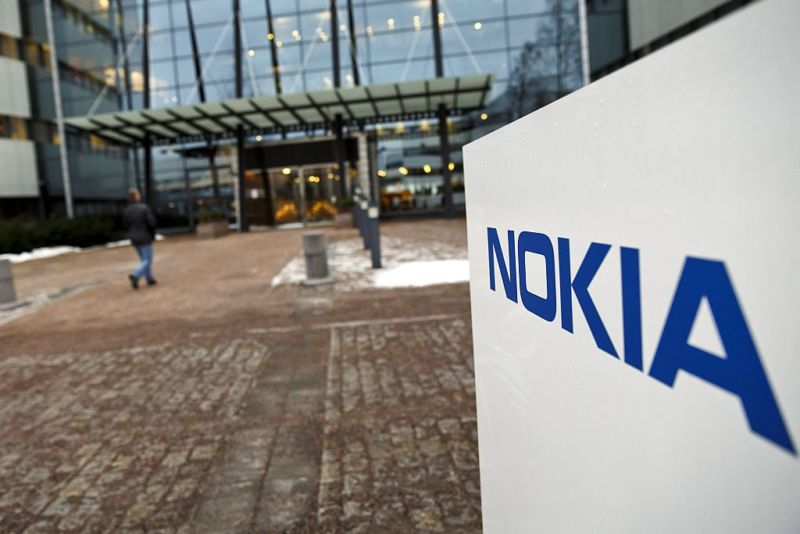
The largest publicly traded patent-assertion company, Acacia Research, has launched a new lawsuit (PDF) against Apple and all the major cell phone carriers.
Cellular Communications Equipment, LLC, a unit of Acacia, has sued Apple, Verizon, AT&T, Sprint, and T-Mobile. The company says that the five industry giants infringe four patents related to basic cell phone technologies. All four patents originated at Nokia, which has been sharing its patents in so-called "patent privateering" arrangements for some years now.
Like so many lawsuits, the CCE v. Apple et al. case is based in the patent hotspot of East Texas, which is still considered favorable ground for patent plaintiffs. Acacia is based in Southern California, but the complaint says CCE's principal place of business is an office in Plano, which is within the Eastern District of Texas.Patent privateering takes place when an operating company shares its patents with a patent-assertion entity for a cut of the profits. It allows operating companies to make money off the business of pure patent litigation, sometimes derided as "patent trolling."
Apple is clearly sick of Nokia's privateering. In December, Apple filed an antitrust lawsuit against Nokia, saying the company hatched a plan to work with "its PAE [patent assertion entity] co-conspirators" to enforce a diffused patent portfolio, "to maximize the aggregate royalties that can be extracted from product companies." Nokia responded by filing a huge patent infringement lawsuit against Apple the following day.
Another company using Nokia patents, MobileMedia Ideas, won a $3 million jury verdict last year. Nokia did a major deal with another patent-licensing company, Pendrell, in 2013.This week's CCE lawsuit is something of a pile-on, since CCE already won a $22.1 million verdict against Apple in September for infringing on a different patent.
The patents in this suit are numbered 6,892,074, 8,902,770, 8,254,872, and 9,037,129. Their filing dates range from 1997 to 2010.
The '074 patent, filed in 1997, describes using primary and secondary "mobile stations" to receive voice calls and text messages. The '770 patent relates to "carrier aggregation" and signaling between networks. The '872 patent has to do with making emergency calls "without registering with IP Multimedia Subsystem," and it was disclosed to the 3rd Generation Partnership Project (3GPP) group as a standard-essential patent. The '129 patent relates to getting emergency alerts.
reader comments
52